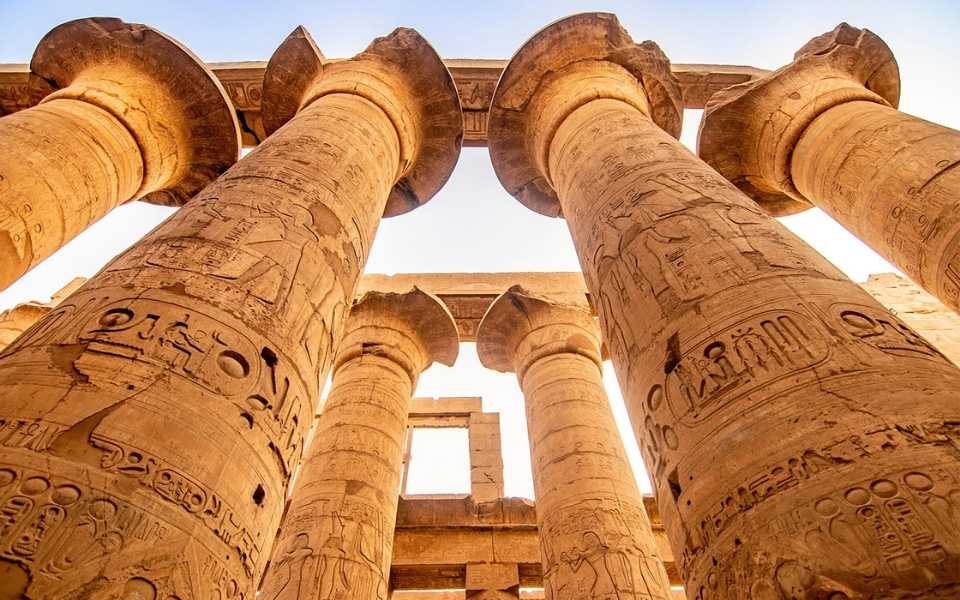A Guide To Technical Arabic Translations

Arabic translations are tough to perfect. The language has multiple regional variations, official and casual formalities, and a cursive script unfamiliar to English speakers. These challenges are only the beginning, and several other grammatical discrepancies exist. To accurately translate to Arabic, the project must be done by a qualified translator.
Technical documents in fields such as electronics, life sciences, and manufacturing are another of the most challenging types of content to translate. They contain complex technical terminology and concepts that don’t always translate well when using translation tools. To get your point across as intended, you need an agency offering high-quality Arabic translations with prior experience in your industry.
As you can imagine, technical Arabic translations are therefore one of the most intricate and demanding. Even the most minor error could cause a big issue for your reputation, and choosing the right language partner is crucial. If you’re trying to break into the Arab market, here’s everything you need to know about how to translate to Arabic and get excellent results.
The Arabic Language
Arabic is one of the oldest languages, first emerging between the first and fourth centuries. “Arabic” translates to “nomadic” and finds its roots in Saudi Arabia and Yemen.
Today it is the official language of 22 countries, including Morocco, Egypt, Iraq, and Somalia. Four additional countries in the Middle East recognise Arabic as their co-official language. There are around 422 million people in total who speak Arabic worldwide, and about 300 million of these people are native speakers.
The universal language has many dialects between its countries and regions. Some of these language variants are not mutually intelligible, meaning two Arabic speakers from different countries might not understand one another! Hence, Arabic translations can be highly complex!
Communicating with Arabic Customers & Businesses
As a global language, breaking into the Arab-speaking market offers companies tremendous expansion opportunities. However, it can be hard to engage these customers with language barriers. When trying to explain complex technical topics, you must ensure your potential customers fully understand what you’re saying. Otherwise, they may not realise just how incredible your product or service is.
You must also choose the correct formality of language when you translate to Arabic. Official communication and spoken Arabic have many differences, and selecting the incorrect tone can reflect a bad image about your business. Identifying whom you are communicating with is crucial for success.
You want to make sure your technical documents are coming across correctly in Arabic. Therefore, you should call in the help of a professional technical Arabic translation agency. A qualified translator can help you choose the proper formality and dialect when translating to Arabic. As a result, your business communications will be authentic and effective.
Different Types of Technical Arabic Translations
Technical Arabic translations cover a broad area, and projects vary significantly between industries. You might need software translations, financial translations, legal translations, medical research translations, engineering manual translations, or a range of other technical documents. As such, choosing a specialised service that understands your topic area is essential.
This is crucial for several reasons. Firstly, your translator understands technical terminology, ensuring accuracy when translating to Arabic. Industry expertise also ensures that your translator is aware of any regulatory requirements and movements in your field that could stand in the way of you breaking into the Arabic market.
Whether you need Arabic translations of regulatory information on your product packaging to, your brand message and marketing materials, or create guides and manuals for your products, specialist knowledge is always required for technical documents.
Our Arabic Translation Services
We know how important it is to translate technical documents accurately into Arabic. Consequently, we have a network of professional translators specialising in Arabic translations. Our linguists are experienced with the nuances of the language and can create content uniquely tailored to the Arab market that connects, engages, and inspires.
The knowledge of our team goes well beyond that of your essential translation tools; we guarantee error-free Arabic translations every time! We use TEP processes and innovative translation tools to ensure consistency and professionalism. With an in-depth understanding of various technical topics, we also ensure that all industry-specific terminology is understood.
Our high-quality service makes us the trusted language partner of many leading brands worldwide. We translate to Arabic every day, with an ever-growing network of linguists able to work on projects in the most niche technical industries.
Get in Touch with Renaissance Translations
If you have some technical documents that you need to translate to Arabic, Renaissance Translations can help. We have a range of technical Arabic translation services available to you. Our most popular service is translating from English to Arabic or vice versa, but we also have a translator for German to Arabic, Spanish to Arabic or even Chinese to Arabic. If you’d like to talk to one of our experts, get in touch today or request a quote online on our website. You’ll be glad you did.
